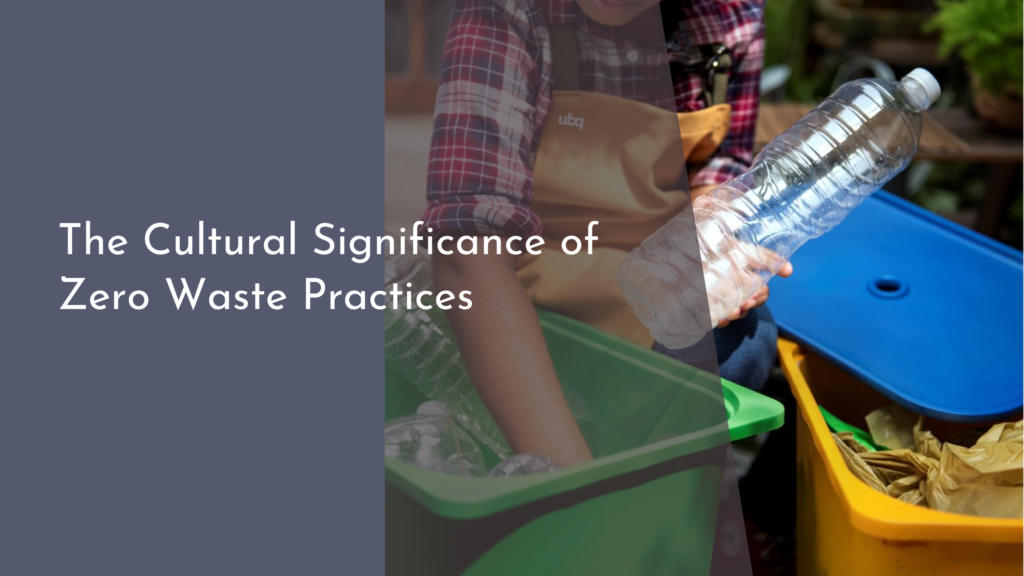Hybrid Power Plants with Biofuels and Solar Energy
In the quest for cleaner and more sustainable energy solutions, hybrid power plants that utilize both biofuels and solar energy have emerged as a compelling option. These innovative systems harness the strengths of two renewable resources, offering a complementary approach to energy generation. By combining biofuels, which can be produced from organic materials, with solar power, derived from the abundant energy of the sun, these hybrid plants present a robust framework for reducing greenhouse gas emissions and promoting energy independence. As the world transitions to greener energy sources, understanding the dynamics of biofuels and solar energy is crucial for fostering a cleaner future.
This article explores the synergy between biofuels and solar energy, examining how hybrid power plants enhance renewable energy efficiency, the benefits they offer for sustainable living, and the exciting innovations driving this field forward. The cheerful pursuit of combining these renewable resources signifies a hopeful stride towards a more sustainable future, where energy is both clean and abundant.
Uniting Forces: Biofuels and Solar Energy Shine Bright
The collaboration between biofuels and solar energy unfolds a promising landscape for sustainable energy production. Biofuels, which include ethanol, biodiesel, and biogas, are derived from organic materials such as crops, agricultural waste, and even algae. These fuels can be used to generate electricity directly or as a supplement to traditional fossil fuels, reducing overall emissions. On the other hand, solar energy harnesses sunlight through photovoltaic cells or solar thermal systems, providing an inexhaustible power source that can be utilized at a large scale. Together, they create a formidable alliance that enhances energy security and mitigates climate change.
The beauty of hybrid power plants lies in their ability to generate energy efficiently throughout the day and night. Solar panels produce energy during daylight hours, while biofuels can provide a continuous power supply, ensuring that energy demand is met even when the sun isn’t shining. This complementary relationship allows for a more stable and resilient energy system, paving the way for a future where reliance on fossil fuels is minimized, and renewable energy sources thrive. The uniting forces of biofuels and solar energy not only promise a brighter energy future but also inspire innovation in energy technology and infrastructure.
How Hybrid Power Plants Boost Renewable Energy Efficiency
Hybrid power plants leveraging both biofuels and solar energy enhance overall energy efficiency through optimal resource utilization. By combining these two technologies, energy output can be maximized while minimizing waste. For example, during peak sunlight hours, solar panels can generate substantial energy; when their output decreases in the evening or during cloudy weather, biofuel generators can kick in to maintain a steady supply. This seamless transition helps to reduce the need for fossil fuel-powered backup systems, which can be both costly and environmentally damaging.
Furthermore, hybrid systems can also balance energy production with energy consumption needs. With smart grid technologies, the integration of biofuels and solar energy can be managed dynamically to respond to fluctuations in demand. This not only optimizes the use of available resources but also enhances grid stability. As a result, hybrid power plants can significantly contribute to a reliable and efficient energy ecosystem, allowing communities to enjoy the benefits of renewable energy without compromising on accessibility or dependability.
The Benefits of Solar and Biofuels for Sustainable Living
The integration of solar energy and biofuels in hybrid power plants offers a plethora of benefits for sustainable living. Firstly, these systems drastically reduce carbon emissions, thus playing a vital role in combating climate change. By relying on renewable resources, communities can significantly lower their carbon footprint while promoting cleaner air and healthier ecosystems. The local production of biofuels can also enhance energy security, as communities become less reliant on imported fossil fuels, fostering economic resilience and job creation in renewable energy sectors.
Moreover, the agricultural sector can thrive alongside this energy revolution. Farmers can produce biofuels from crops and waste materials, creating a circular economy where waste becomes a resource. This sustainable approach not only boosts local economies but also promotes responsible land management and conservation practices. By embracing both solar energy and biofuels, society moves towards a more sustainable lifestyle, making strides toward energy independence and a greener planet for future generations.
A Greener Future: Innovations in Hybrid Energy Solutions
The future of hybrid power plants is brightened by a wave of innovation that continues to enhance the efficiency and feasibility of integrating biofuels and solar energy. Researchers and engineers are busy developing advanced technologies that optimize energy generation, such as improved solar panel designs with higher efficiency rates and biofuel production techniques that utilize less land and water. Innovations like these are critical for addressing the challenges of climate change while ensuring that energy remains accessible and affordable.
Additionally, the advent of energy storage solutions plays a crucial role in hybrid systems, allowing excess energy generated during sunny periods to be stored for later use. This capability not only extends the usability of solar energy but also provides a buffer against variability in energy supply and demand. As technology continues to evolve, hybrid power plants signify a significant step toward a greener future, where sustainable energy solutions are both practical and impactful, inspiring communities worldwide to embrace renewable energy.
In summary, hybrid power plants that combine biofuels and solar energy represent a dynamic shift towards a cleaner, more sustainable future. By leveraging the unique benefits of both resources, these innovative systems enhance renewable energy efficiency and provide a reliable alternative to fossil fuels. The transition to a greener lifestyle not only addresses climate change but also empowers local economies and promotes energy independence. As we look ahead, the ongoing innovations in hybrid energy solutions inspire optimism for a world where sustainable living is an accessible reality for everyone. Together, we can unite forces to create a brighter, greener future!

